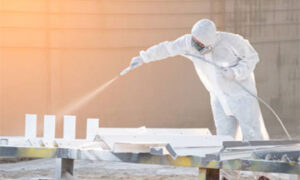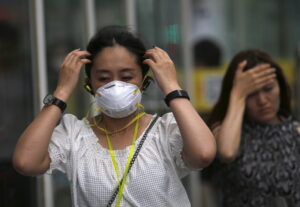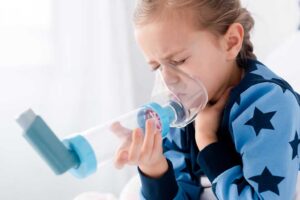Services
We provide a wide range of Services
How can we help you?
A.E.S provides a professional unbiased assessment along with a detailed written report with all findings and lab results, including a complete work plan (Scope) designed for the successful remediation of any indoor air quality concern.
MOLD / MYCOTOXINS
Mold in the home or business can lead to adverse health effects as well as severe structural damage to buildings.
MOISTURE TESTING / MAPPING
A.E.S. can detect and map (track) any moisture impacted location (s) with the use of moisture detection equipment.
ASBESTOS TESTING & INSPECTION
Asbestos is a group of microscopic minerals that exist naturally in soil and rocks around the world.
ALLERGEN, BACTERIA, LEGIONELLA
Common allergens include mold spores, pollen, pet dander, cockroach, rodent and dust mite droppings.
INDUSTRIAL HYGIENE (VOCs)
Industrial Hygiene is the science of assessing and evaluating workplace conditions that could cause illness.
MATERIALS SCIENCE / CHEMICAL
Materials Science is the identification of un-identified materials requiring further investigation by laboratory analysis.
WATER, SOIL, CARBON, SOOT
A.E.S. can sample and analyze various types of drinking water, waste water and groundwater concerns.
SICK BUILDING SYNDROME
The term SBS is used to describe situations in which the building occupants experience health concern.
PHASE I & II ASSESSMENTS
A Phase I ESA is required by legal or lending institutions for future owners, to demonstrate.
Health Symptoms
Do you feel better when you’re away from your home or workplace?
An unhealthy environmental toxin may be the cause of poor indoor air quality.

Mold Exposure

VOC Exposure

Allergen Exposure

Breathing Issues

Humidity

